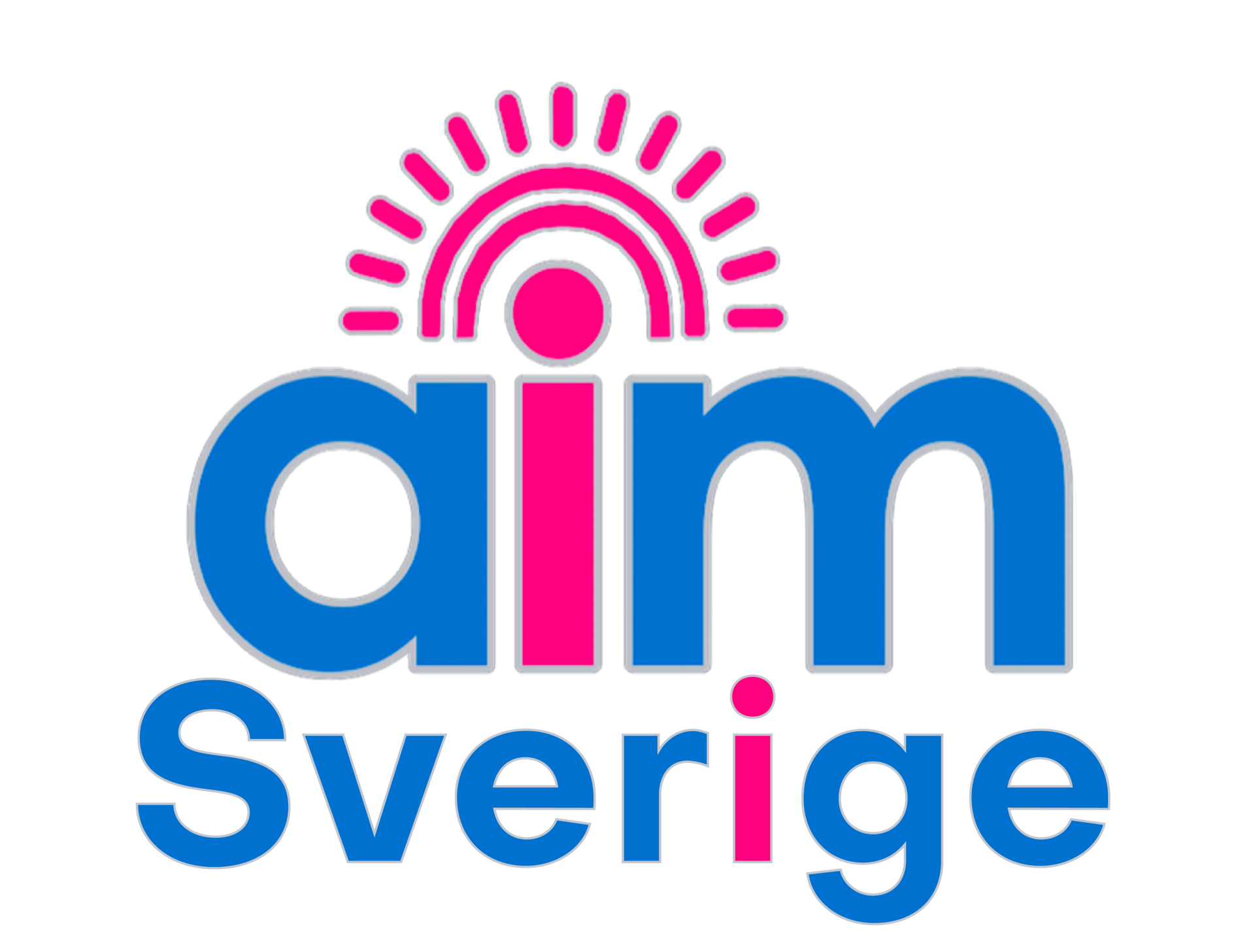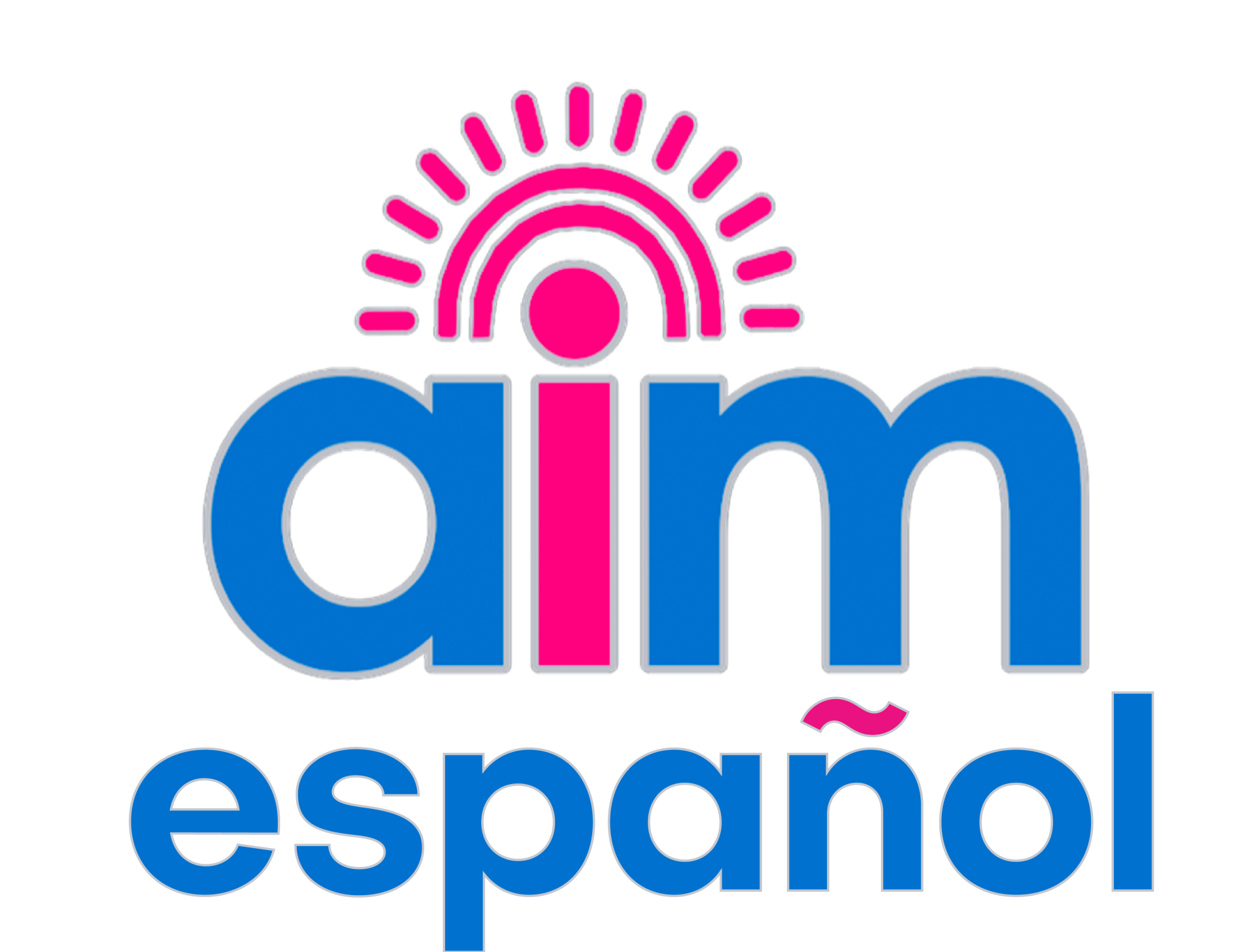Preparation of the Heart – the depths of being a Montessori Parent
The real preparation for parenting is the study of one’s self.
Maria Montessori said, “The real preparation for education is the study of one's self.” I believe this is also true for parents. To apply her words to parenting, “The real preparation for parenting is the study of one’s self”. If we look within and study our inner self, let’s consider two key questions.
 1. Am I approaching my child with a sincere sense of reverence?
1. Am I approaching my child with a sincere sense of reverence?

Montessori said, "We must have faith in the child as a messiah, as a saviour capable of regenerating the human race and society. We must master ourselves and humble ourselves in order to be able to accept this notion, and then we must make our way toward the child, like the three kings, bearing powers and gifts, following the star of hope."
When she was with the children, she entered their presence as though entering the presence of a deity. She saw beauty, strength and potential in every child. I have been learning about Montessori’s theories and principles, and this concept of seeing the child as Montessori did, has impacted me in the deepest way. It has become the foundation upon which I try to always stand when I am interacting with children.
Taking Montessori’s words to heart, I am humbled and reminded that I would do well to approach each child with more respect and honor for the greatness of their spirit. “It is the spirit of the child that can determine the course of human progress and lead it perhaps even to a higher form of civilization (Montessori).”
2. Am I honoring the inner spirit of the child that seeks independence (freedom within limits)?

I don’t want you to do it for me or rush me or feel sorry for me or praise me. Just be quiet and show me how to do it slowly, very slowly -Montessori
Children are small, poorly coordinated, forgetful and still growing. However, let us not take these truths as justification for telling a child how, when and what to do in ways that disrespect the desire for independence. If the child’s inner world could speak, it would say, “I don’t want you to do it for me or rush me or feel sorry for me or praise me. Just be quiet and show me how to do it slowly, very slowly (Montessori)”.
In Positive Discipline, Lynn Lott and Jane Nelson have a parenting tool they call “take time for teaching” which reminds parents to show a child what they can do instead of just telling them what they can’t do. In the Montessori style of teaching, it is then important to teach slowly so that the child can learn from your intentional and planned movements (for example, how to wash a dish, tie a shoe, etc). Then a child can independently take care of many tasks and desires “all by himself”.
In this seasons of so many holy celebrations, lets’ all take a moment to step back and consider how to prepare the inner self for the great responsibility of parenting. Let us approach children with sincere reverence and respect for the pathways to the future that are in their hands. Let us also seek to honor the child’s inner drive for independence and provide opportunities for children to have freedom within limits, as we teach children how to navigate their worlds successfully.






















